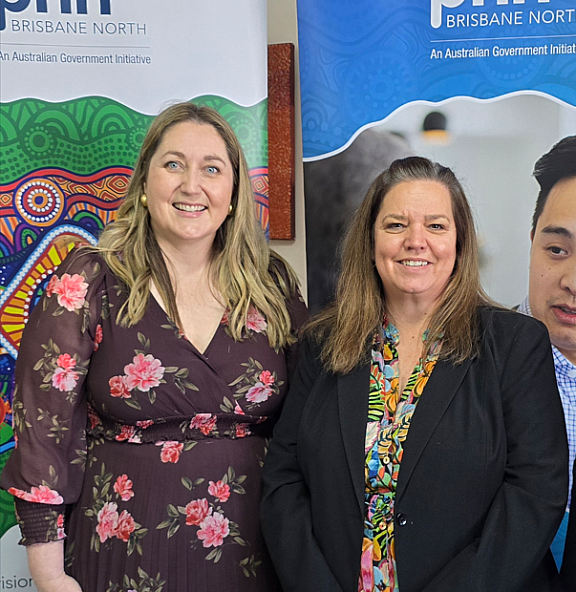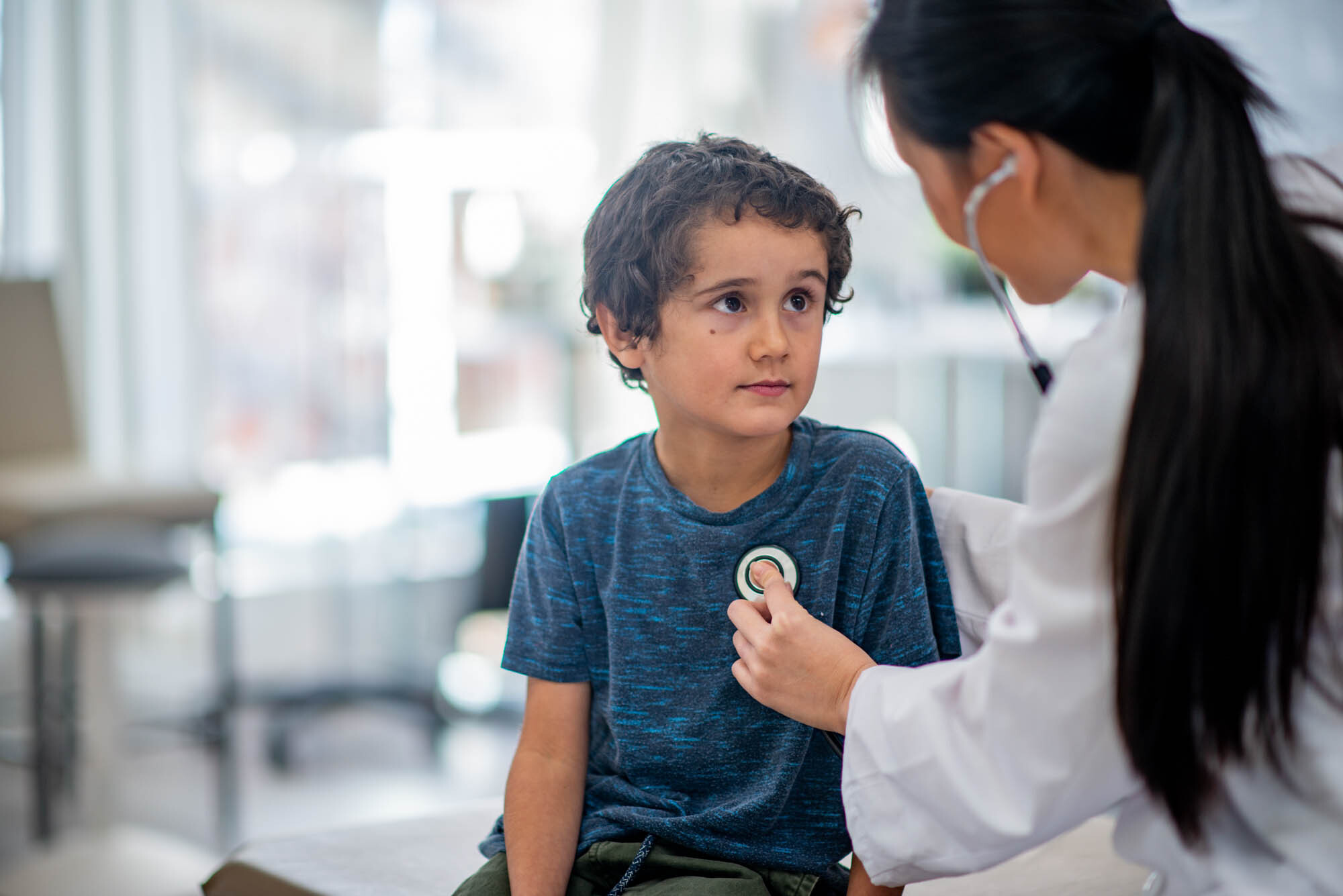
Announced: North Brisbane and Moreton Bay Medicare Mental Health Centres opening from July
Mar 27, 2025
Mar 15, 2021

Metro North Public Health Unit (MNPHU) reports a significant rise in recent weeks in reports of respiratory syncytial virus (RSV) cases in early childhood education and care facilities in the Metro North Hospital and Health Service area.
Many of these childcare centres report an increase in families seeking medical advice for unwell infants, including presentations to emergency departments and general practices.
RSV affects people of all ages, but children under three years of age, and especially babies under six months of age, are at highest risk of developing severe illness such as bronchiolitis and pneumonia. This is because infant airways are smaller than those of older children, and because young children have not had time to build up immunity to RSV through repeated exposures. RSV can also sometimes cause significant illness in adults, especially in older people.
RSV can spread easily from person-to-person through respiratory droplets and touching contaminated surfaces. Symptoms begin between three and 10 days after infection and most cases are mild, with symptoms of a runny nose, cough and fever. Sometimes an ear infection can follow. Symptoms can be more severe in babies under six months with wheezing and shortness of breath, irritability and poor feeding. Premature babies may develop severe or life-threatening infection requiring hospital admission. Further information about RSV can be found via NSW Health.
In response to the COVID-19 pandemic, a low threshold for COVID-19 testing is advised for persons presenting with respiratory symptoms. However, clinical management for unwell infants should not be delayed for COVID-19 testing. Australian guidance for managing bronchiolitis is available through several online resources, including the The Royal Children’s Hospital website.
Preventing further spread of RSV and other respiratory illnesses within childcare and other community settings is supported by primary health care providing consistent public health messaging about:
In the early childcare setting, the most important determinant of ongoing spread of respiratory illnesses is exclusion of cases. It is critical to emphasise to parents that children must not return to the facility until all respiratory symptoms have resolved (clearance testing not indicated). Parents and carers often have work, study or other family commitments that may make this advice difficult to follow, but it is the single best way to prevent respiratory illnesses spreading to other families.
For more information please contact Metro North Public Health Unit on 07 3624 1111 during business hours.

We acknowledge the Traditional Custodians within our region: the Jagera, Turrbal, Gubbi Gubbi, Waka Waka and the Ningy Ningy peoples of where we meet, work and learn. Brisbane North PHN is committed to reconciliation. Our vision for reconciliation is where the stories of our First Nations’ people are heard and shared, and networks are formed.